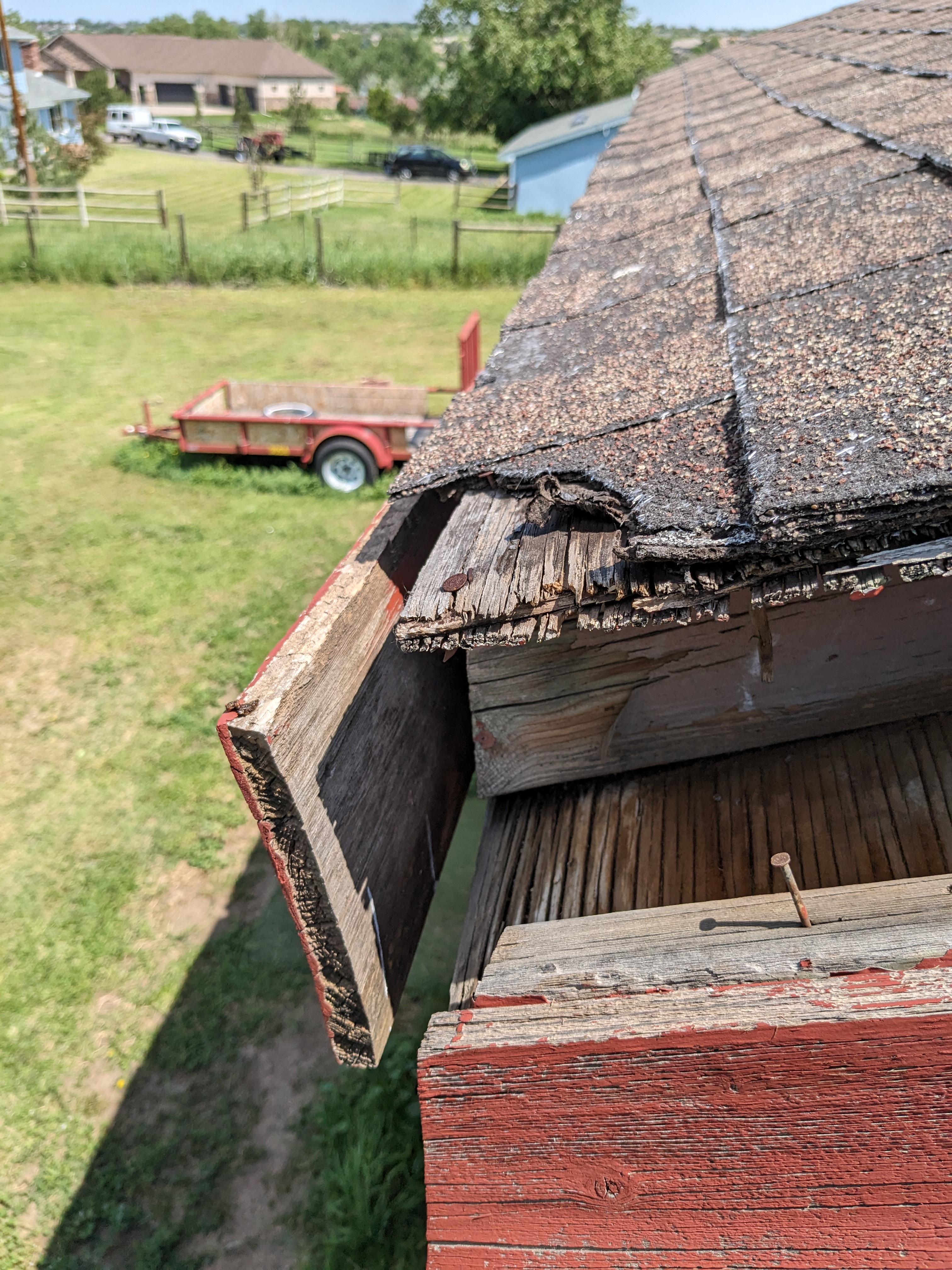The website is running an outdated PHP version (7.4); please upgrade it and check for any malware or security vulnerabilities.
Introduction:
Dealing with a roof leak can be a stressful experience for homeowners. One crucial aspect of mitigating the financial impact is understanding how insurance coverage comes into play. In this article, we will provide insights into making successful roof leak insurance claims, discuss coverage for ceiling leaks, and explore whether homeowners insurance covers mold resulting from a roof leak.
How do I make a successful roof leak insurance claim? When it comes to making a successful roof leak insurance claim, following these steps can help streamline the process:
How do I make Document the damage: Take photographs and detailed notes of the roof leak, including affected areas, water stains, and any visible damage to the roof or interior of your home.
Review your insurance policy: Familiarize yourself with the terms, conditions, and coverage limits of your homeowners insurance policy. Pay attention to specific clauses related to roof leaks and water damage.
Contact your insurance company: Notify your insurance provider about the roof leak as soon as possible. Follow their guidelines for filing a claim and provide accurate and detailed information about the incident.
Engage a professional: Hire a licensed roofing contractor to assess the roof damage and provide a written estimate for repairs or replacement. This documentation will support your insurance claim.
Cooperate with the insurance adjuster: When the insurance adjuster visits your property, provide access to the affected areas and share the assessment report from the roofing contractor. Collaborate in providing any additional information requested by the adjuster.
Maintain detailed records: Keep a record of all communication, including emails, phone calls, and written correspondence, with your insurance company throughout the claims process.
Does homeowners insurance cover ceiling leaks?
Whether homeowners insurance covers ceiling leaks depends on the cause of the leak and the terms of your policy. In general, homeowners insurance may cover ceiling leaks if they result from a sudden and accidental covered peril, such as a storm, falling tree, or burst pipe. However, it's crucial to review your policy for any specific exclusions or limitations regarding ceiling leaks.
Does homeowners insurance cover mold from a roof leak? Homeowners insurance coverage for mold resulting from a roof leak can vary. Some policies may include limited coverage for mold remediation, while others may exclude it altogether. Typically, insurance companies will cover mold remediation if it is a direct result of a covered peril, such as a roof leak caused by a storm. However, coverage limits and requirements for mold-related claims can differ, so it's important to consult your policy or contact your insurance provider for clarity.
Conclusion:
Making a successful roof leak insurance claim involves thorough documentation, understanding your policy's coverage, and prompt communication with your insurance company. While homeowners insurance may cover ceiling leaks caused by sudden and accidental perils, coverage for mold resulting from a roof leak can vary. Review your policy carefully, engage professional assistance, and maintain detailed records throughout the claims process. If you have any uncertainties or specific questions, consult your insurance provider to ensure a clear understanding of your coverage and claim eligibility.



